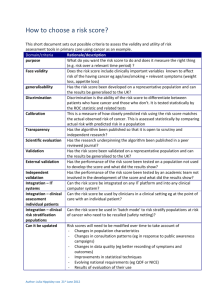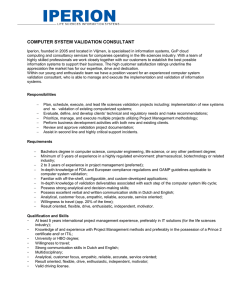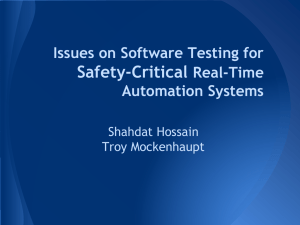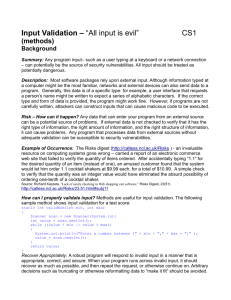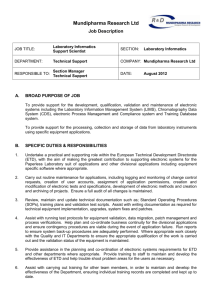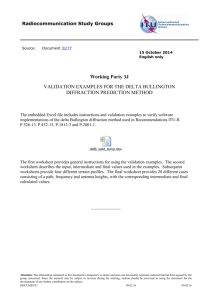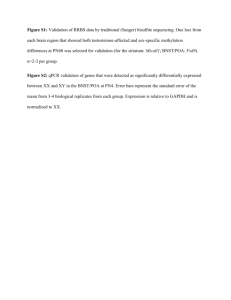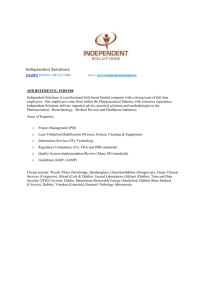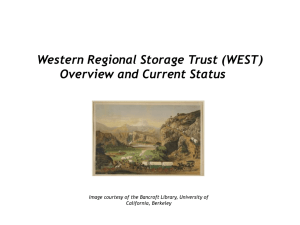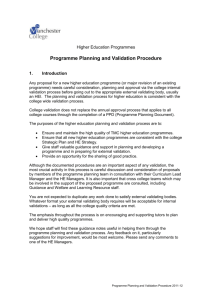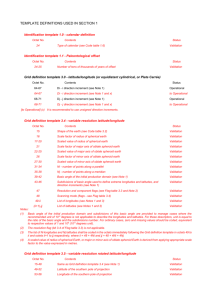Principles underlying the approval, validation and review processes
advertisement
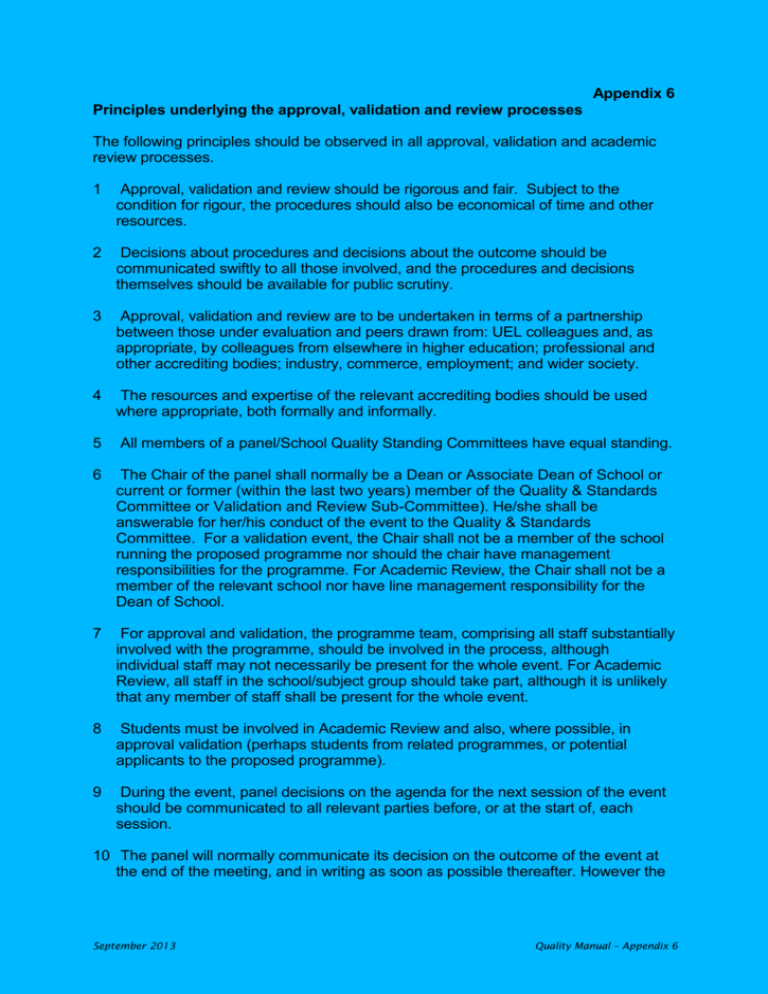
Appendix 6 Principles underlying the approval, validation and review processes The following principles should be observed in all approval, validation and academic review processes. 1 Approval, validation and review should be rigorous and fair. Subject to the condition for rigour, the procedures should also be economical of time and other resources. 2 Decisions about procedures and decisions about the outcome should be communicated swiftly to all those involved, and the procedures and decisions themselves should be available for public scrutiny. 3 Approval, validation and review are to be undertaken in terms of a partnership between those under evaluation and peers drawn from: UEL colleagues and, as appropriate, by colleagues from elsewhere in higher education; professional and other accrediting bodies; industry, commerce, employment; and wider society. 4 The resources and expertise of the relevant accrediting bodies should be used where appropriate, both formally and informally. 5 All members of a panel/School Quality Standing Committees have equal standing. 6 The Chair of the panel shall normally be a Dean or Associate Dean of School or current or former (within the last two years) member of the Quality & Standards Committee or Validation and Review Sub-Committee). He/she shall be answerable for her/his conduct of the event to the Quality & Standards Committee. For a validation event, the Chair shall not be a member of the school running the proposed programme nor should the chair have management responsibilities for the programme. For Academic Review, the Chair shall not be a member of the relevant school nor have line management responsibility for the Dean of School. 7 For approval and validation, the programme team, comprising all staff substantially involved with the programme, should be involved in the process, although individual staff may not necessarily be present for the whole event. For Academic Review, all staff in the school/subject group should take part, although it is unlikely that any member of staff shall be present for the whole event. 8 Students must be involved in Academic Review and also, where possible, in approval validation (perhaps students from related programmes, or potential applicants to the proposed programme). 9 During the event, panel decisions on the agenda for the next session of the event should be communicated to all relevant parties before, or at the start of, each session. 10 The panel will normally communicate its decision on the outcome of the event at the end of the meeting, and in writing as soon as possible thereafter. However the September 2013 Quality Manual – Appendix 6 final decision rests with Academic Board, which normally acts in this respect through the Quality & Standards Committee (and the Validation & Review SubCommittee). 11 Conditions and recommendations resulting from validation and review of a programme shall clearly identify: - what action is required or recommended; who is responsible for taking that action or ensuring that it is taken; the time-scale for action; the method for reporting back on the action taken and for judging its success; in the case of conditions, the consequences of the condition not being met. 12 There will be no conditions implemented by School Quality Standing Committees for (re)approvals. 13 There shall be downward and upward accountability within the process so that solutions to problems identified can be formulated and implemented. 14 Panel membership shall normally be chosen so as to spread the involvement in validation and review activity across the institution. 15 The approval, validation and review process and outcomes will themselves be monitored by those taking part and by the Quality & Standards Committee, in order to facilitate the review of the process as a whole as well as of particular events. 16 A programme team may appeal against a decision of an approval, validation or review panel on the grounds that the proper procedures and guidelines had not been followed. The procedure for considering such appeals is detailed in Appendix 7. 17 Any proposed departures from, or extensions to, these principles should be justified at the preliminary planning stage of approval, validation or review and, if necessary, referred to the Quality & Standards Committee for agreement. September 2013 Quality Manual – Appendix 6
